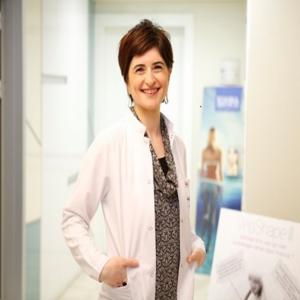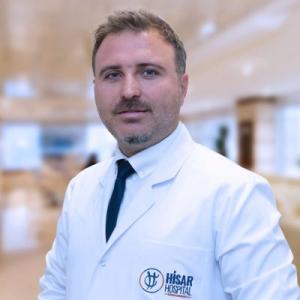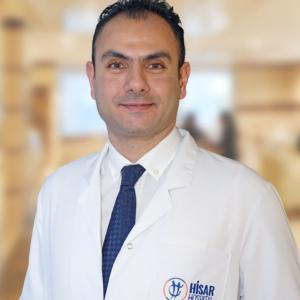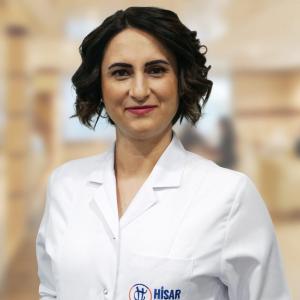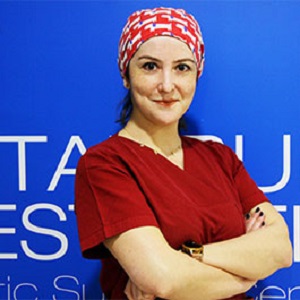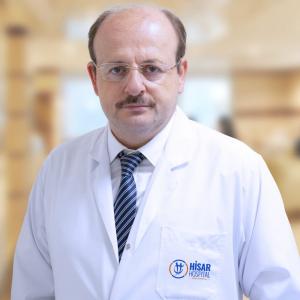After years of indoor tanning and ultraviolet exposure, your skin may be suffering. It may be time to treat it gently because skin problems can affect everyone, especially skin cancer. Skin cancer is an atypical growth of cells in the dermis. It usually develops on skin areas exposed to the sun. In addition, it can occur in people of all skin tones and races. However, people with fair skin who are sensitive to sunburn are at a higher risk.
Treatments of skin cancer in Turkey are available in our partner clinics. Our oncologists and skin doctors in Turkey have the knowledge to offer you the best therapies.
We're Here to Help.
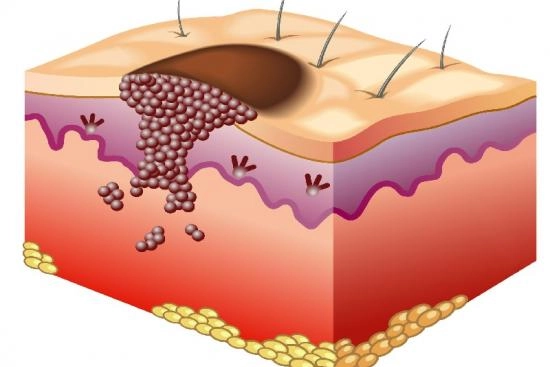
- Persons with BCC
- Persons with melanoma
- Persons with advanced or metastatic skin cancer
- Ecchymosis
- Skin peeling
- Itching
- Complementary and integrative medicine
- Herbal Therapies
- Nutritional supplements
- >90%
Cutaneous tumors types
Skin cancer is a condition characterized by the abnormal and uncontrolled growth of skin cells. It develops when the skin cells undergo genetic mutations or damage, typically as a result of exposure to ultraviolet (UV) radiation from the sun or artificial sources, such as tanning beds. However, other factors, including genetics and certain environmental factors, can also contribute to the development of skin cancer. There are several types of skin cancer treatment in our best clinicsin Turkey. The most common types include:
Actinic keratosis
These dry, scaly patches are precancerous growths. Patients who get actinic keratosis usually have fair skin. Most people are affected after 40 years because it tends to develop after years of exposure to the sun. Actinic keratosis usually forms on skin exposed to the sun, such as the head, neck, hands, and forearms. Since actinic keratosis can progress to a cancer skin type, called cutaneous squamous cell carcinoma (cSCC),treatment is important.
Cutaneous Basal Cell Carcinoma (cBCC)
Cutaneous BCC usually occurs in people with pale skin, but it can also occur in those with darker skin. Basal cell carcinomas look like a flesh-colored, pearly lump or a piece of pinkish skin. This type of cancer cells appears after years of frequent sun exposure or indoor tanning. The most common areas impacted are the head, neck, and arms. However, the disease can occur anywhere else, including the chest, abdomen, and legs.
Early diagnosis and treatment of cBCC are so essential. The cBCC can invade surrounding tissue and occurs in nerves and bones, causing damage and disfigurement.
Cutaneous Squamous Cell Carcinoma (cSCC)
Cutaneous Squamous Cell Carcinoma is the second most frequent form of skin cancer. People with fair skin are more susceptible to cSCC. However, it can also appear in dark-skinned individuals. Cutaneous Squamous Cell Carcinoma often looks like a firm, red bump, scaly skin, or a lesion that heals and then reopens.
This tumor usually develops on skin that is exposed to the sun rays frequently, such as around the ear, neck, arms, face, back, and chest. Squamous cell carcinoma of the skin can develop deep into the skin and cause damage and deformity. Early diagnosis and treatment can prevent this problem and prevent the spread of cSCC to other parts of the body.
Melanomas (cancerous moles)
Melanoma is a less common but more aggressive type of skin cancer. It can develop from existing moles or appear as a new, unusual mole. Melanoma often has irregular borders, and varied colors, and can change in size and shape. It has the potential to spread to other parts of the body and can be life-threatening if not detected and treated early.
Skin Cancer Surgery in Turkey's Clinics
The operation is the fundamental remedy for skin cancer. It involves removing the cancerous tumor and part of the surrounding skin. Thus, the goal of skin cancer surgery is to take out the cancerous cells or tumors completely while minimizing damage to surrounding healthy tissue.
There are several surgical techniques commonly used in skin cancer operations as excisional, Mohs, and laser surgery. The choice of surgical technique depends on various factors, including the type, size, and location of the skin cancer, as well as the individual patient's specific circumstances. The surgeon will consider factors such as the cosmetic outcome, preservation of function, and the likelihood of complete removal of the cancerous cells.
Is there a treatment for Skin Cancer without Surgery?
Other types of skin cancer treatment include freezing (cryotherapy),cancer creams, radiation therapy, and a form of light treatment called photodynamic therapy (PDT). The treatment employed will rely on the form, size, and location of the skin cancer you suffer from.
What are the possible Side Effects?
Skin cancer surgery, like any surgical procedure, can have potential side effects. The specific side effects may vary depending on the type of surgery performed and the individual patient.
Here are some possible side effects:
- Pain sensation
- Cicatrices or deformity
- Numbness or nerve damage (alteration of the skin sensitivity)
- Hemorrhaging (bleeding)
- Weariness
- Edema
Skin Cancer Treatment Success Rate & Cost in our Clinics in Turkey
Cutaneous Basal cell carcinoma does not generally invade other organs of the body. As well, there is a low risk (up to five percent) of cSCC cancer spreading to other parts of the body, usually the lymph nodes (small glands found throughout the body). However, for both cBCC and cSCC, considerable skin damage can sometimes be caused if the tumor is left untreated.
In our partner clinics, ninety percent of cases of non-melanoma cutaneous cancer have been successfully treated. So, the success rate of this treatment, in our partner hospitals and medical centers in Turkey, is very high.
Turquie Santé strives to offer you the best treatment cost with the optimum service quality in Istanbul, Turkey. Costs include all the cancer care worth from diagnosis, and treatment to follow-up and use of health care resources.
Share this page
Among our doctors
- Protect your skin from the sun by wearing hats and applying sunscreens with a sun protection factor of at least 30;
- Avoid tanning salons;
- Eat enough foods rich in vitamin D;
- Check for any changes in your skin (moles, a wart, a skin lesion that would not heal).
The signs that show you may have skin cancer are:
- Encrusted lesion which bleeds, does not heal or recurs after healing;
- Flat, pale or yellow area resembling a scar;
- Red or pink, scaly patches with irregular, raised edges;
- Small smooth and shiny patches, white, pink or red;
- A mass with small veins on the surface;
- Irritated and itchy areas;
- A wart-like skin growth.
- Exposure to ultraviolet rays (tanning, PUVA treatment);
- Pallor (weak secretion of melanin);
- Exposure to ionizing radiation (α, β, X or γ);
- Contact with Arsenic;
- Working with certain products (bedded clay, tar, charcoal, creosote, etc.)
- Xeroderma pigmentosum disease: a disease that causes sensitivity to extreme rays to ultraviolet rays;
- Gorlin Syndrome (Basal Cell Nævomatosis): a very rare genetic disease characterized by a predisposition to develop several cancers.
- Immunosuppressive diseases.
The main treatment for skin cancer in our partner clinics in Turkey is surgery. There is also targeted therapy and immunotherapy.

